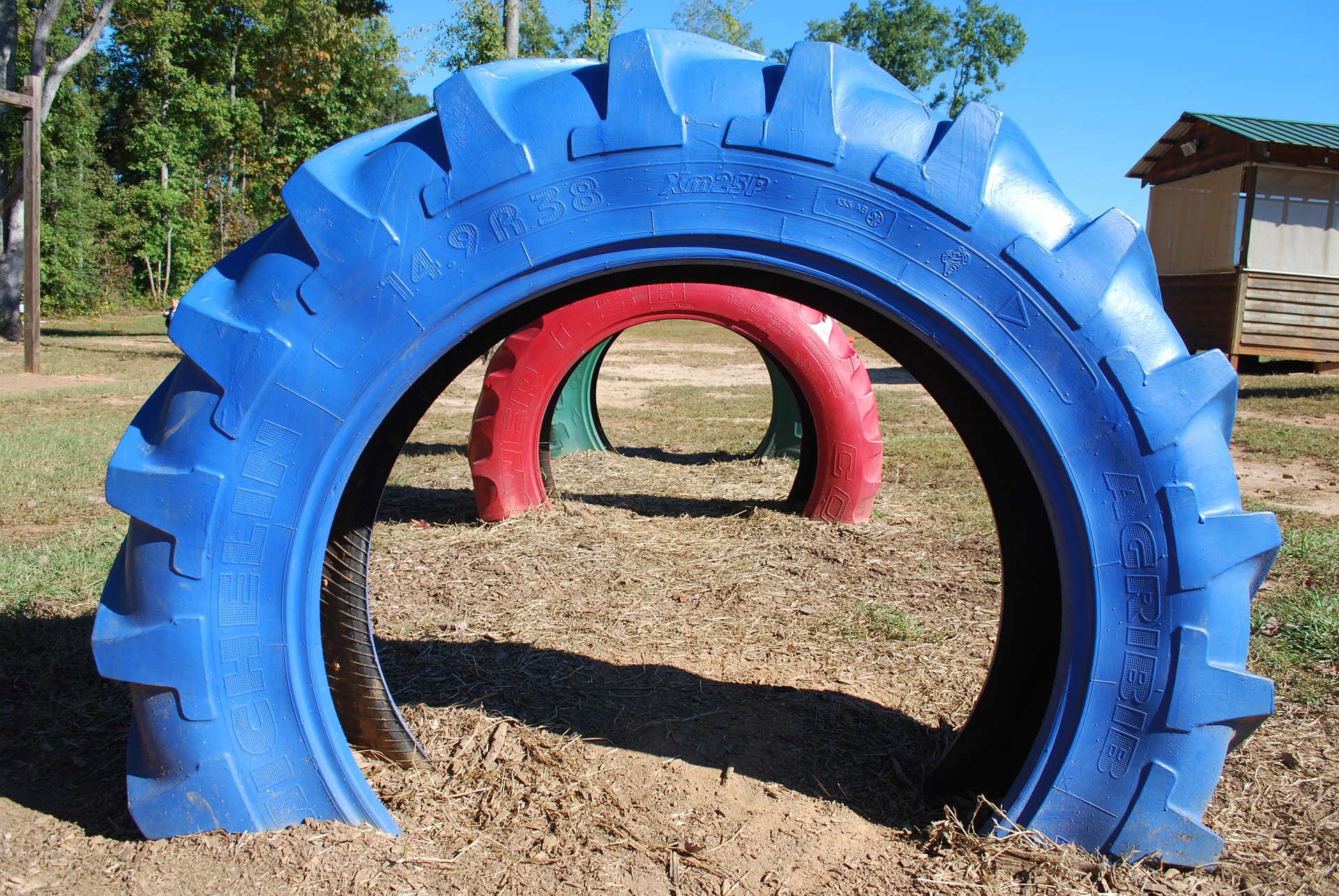"I'll never make it."
Already tired. (Image by Gaertringen from Pixabay)
The elementary school I attended had a series of playgrounds made mostly of tires in interesting configurations.
Back in the olden days, when multiple recesses each day were standard, there was a separate playground for the kindergarteners, another for the first and second graders, and another for the third and fourth graders.
One of my classmates, who went on to become my best friend, remembers, at age five, peering through the chain link fence that separated the kindergarten playground from that of the first and second graders. Gazing at the older kids at play (So worldly! So sophisticated!), she said to herself sorrowfully, “I’ll never make it.”
The pathos of the story never fails to amuse. Decades later, with a small child of her own, it’s clear that my friend “made it” to first grade.
But who can’t relate to her sense of foreboding — the arguably correct notion that not everything is going to be easy and straightforward in life?
We will always encounter challenges; hopefully, most of them will be age-appropriate, but some will be quite daunting. To me, there are two valuable lessons to take away from the tale of the forlorn kindergartener:
First, it is normal and natural to struggle. We can’t prevent it in our own lives, and we can’t prevent our kids from experiencing difficulty, either. And we wouldn’t want to. The obstacles we face — working through them, overcoming them — are the source of our growth.
Second, when we feel defeated, there is always a broader perspective we can take. My friend views her five-year-old self with compassion, knowing that she didn’t have the whole story at the time. We can feel a sense of relief from our own difficulties when we can see ourselves the same way, becoming aware of a “birds’ eye view” in which our struggle isn’t all-consuming. It might not always help us to solve our problems, but we can find solace and acceptance.
Of course, all of this wisdom would be lost on a small child — or even a bigger one. We can’t impose an adult perspective on a kid by saturating them with our knowledge. Until they have enough life experience to have a context for what we’re saying, they can’t grasp it. And that’s as it should be. The best we can do is be patient and gentle as they proceed through their own end-of-the-world scenarios, only to discover that they made it through, and life goes on.
